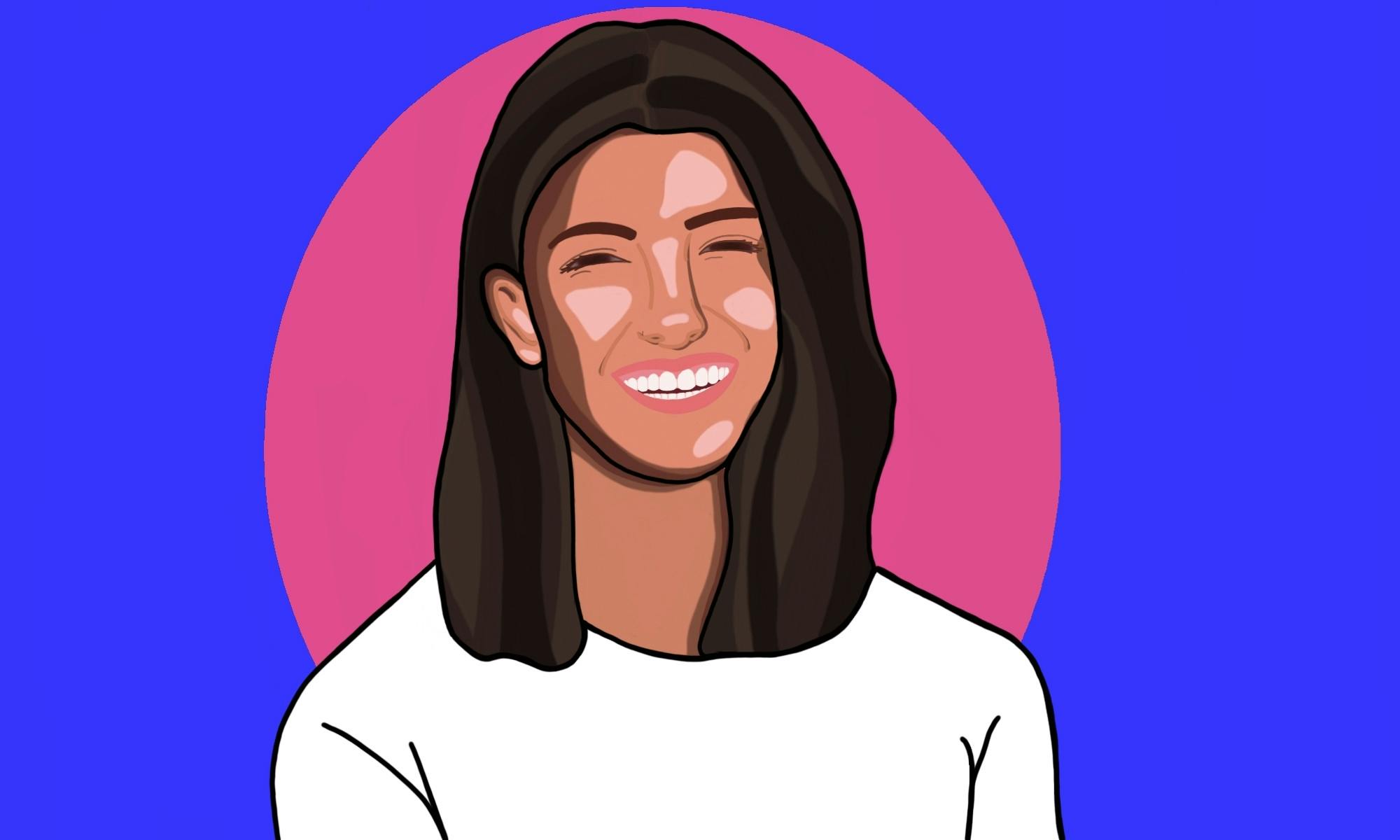In October of 2019, then-15-year-old Charli D’Amelio went mega-viral on TikTok, fast forward almost two years- her family has their own reality show on Hulu.
In the show, viewers get a front-row seat to the backstage life of Charli D’Amelio, the Tiktoker with 125.5 million followers, and her sister, Dixie D’Amelio, specifically through the discussions of their personal struggles with mental health.
Special education senior Audra Healey is one of the many Spartans who watch "The D’Amelio Show." She appreciates that the girls ensured there was a message to convey throughout the show instead of simply having it become a set of cameras following them around filming them.
“Normally when people get famous and make a show, it’s just about their life, but they had something they wanted to show with it,” Healey said. “You can tell it’s more about what goes on behind the scenes.”
The D’Amelio sisters make TikToks that have a fun, happy vibe to them, so it can be surprising to see that that is not always their persona. Both girls get a lot of hate comments, which has a negative effect on their mental health.
“With social media… Everyone is gonna be saying something, and it’s kind of out of your control, but it’s also hard to see and hear,” Healey said. “This allowed us to see up front and personal what’s really going down.”
There is a specific scene in the show that business freshman Cassidy Lammers cites as challenging to watch- the one with Dixie D’Amelio having a mental breakdown and crying to her parents.
She explained that the D’Amelio parents are a major help to their daughters when they are having a difficult time handling the hate comments they receive.
“They’re like ‘If this is too much, you can step back,'” Lammers said. “I don’t really know how I would handle it. I feel like if I was getting a lot of hate but I still wanted to do what they're doing, I would see a therapist and surround myself with people who understand what I’m going through.”
Anyone can struggle with mental health, regardless of how perfect their life may seem, but oftentimes, people in society forget this.
“I think- it’s easy to criticize celebrities because they do have a lot of money and they have a lot of access to resources like good quality therapy and things like that, so sometimes seeing them complain or try to relate to everyone else, it kinda seems a little fake,” neuroscience sophomore Shree Mysore said.
Throughout the show, Dixie D’Amelio’s therapist is featured as he talks about dealing with mental health as a young celebrity.
You can also see how therapy is helping Dixie D’Amelio deal with her mental breakdowns and problems step-by-step in certain situations and events the girls have, Healey said.
“She didn’t let what was out of her control get the best of her," she said. "I think he (Dixie D’Amelio's therapist) was noting how she handled it differently.”
"The D’Amelio Show" brings light to challenges from a relatively new platform. TikTok has not been around as long as other social media platforms like YouTube and Instagram, so the hardships of TikTok creators are not widely known.
“It definitely brings awareness to the topic because normally we only see it through Instagram and YouTube, you know people getting canceled and stuff like that,” Healey said. “I think on TikTok, there is a different perspective to see to it- a different social media app. It’s kind of interesting to see the correlation between how all social media apps have people hiding behind a screen and sending hate comments.”
Aside from raising mental health awareness by discussing the D’Amelio sisters’ struggles, the show also emphasizes the importance of seeking help when experiencing similar struggles.
According to Lammers, a website and phone number to a hotline are displayed on the screen at the start of each episode.
However, "The D’Amelio Show" does not offer much factual information or statistics in regards to mental health.
“I don’t necessarily see them bringing up factual information or really tapping in on what mental health is and everything that goes along with it,” Healey said. “It was kinda just their experience.”
Support student media!
Please consider donating to The State News and help fund the future of journalism.
This lack of information makes her question the show’s effectiveness.
“I think it was good, but it also kind of glosses over some stuff,” Healey said. “It’s hard to tell if it's really doing something or if it's just another ‘Here’s my story’ because there are so many different levels of things that people experience.”
The stigma surrounding mental health has been reduced in society in recent years, which can be seen through the increased dialogue about it in entertainment.
Mysore explained how it is beneficial for kids to hear these types of conversations at a young age.
“I think it's good that they start recognizing that early and not growing up never knowing that (mental health) was taboo,” Mysore said.
Healey recognizes the significance of mental health conversations, but she also wants people to be cautious as insensitive discussions of this topic can hurt some people.
She said it's important to be cautious as some people may be triggered by it. Including warnings is helpful.
Overall, "The D’Amelio Show" reminds the TikTok audience that their favorite creators struggle with their mental health, too, and it is not a shameful thing.
“It shows that they are going through it so if we're going through it we can connect to how they're feeling,” Lammers said. “It's not just us, it’s also influencers who go through the same things.”
Discussion
Share and discuss “'The D'Amelio Show' opens up mental health dialogue ” on social media.







